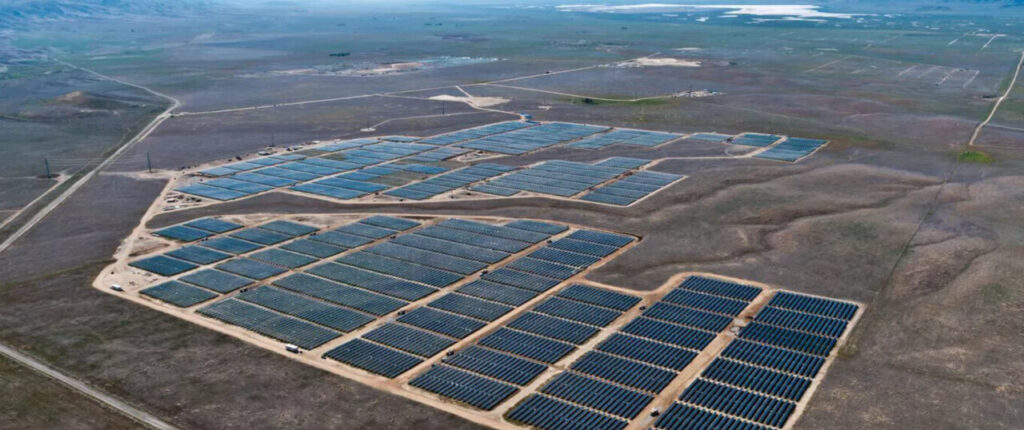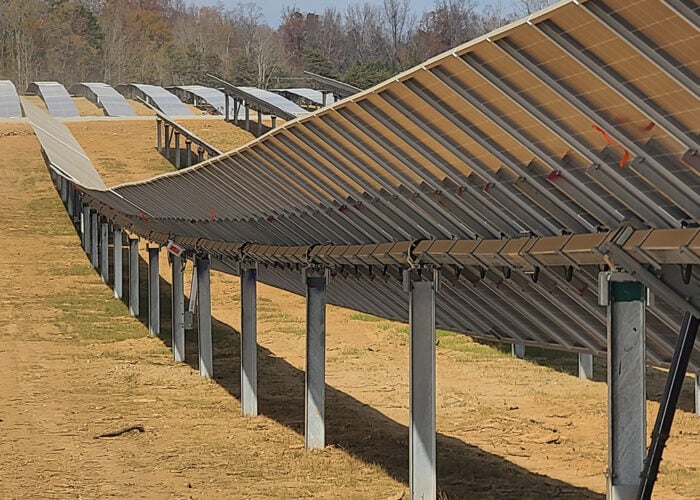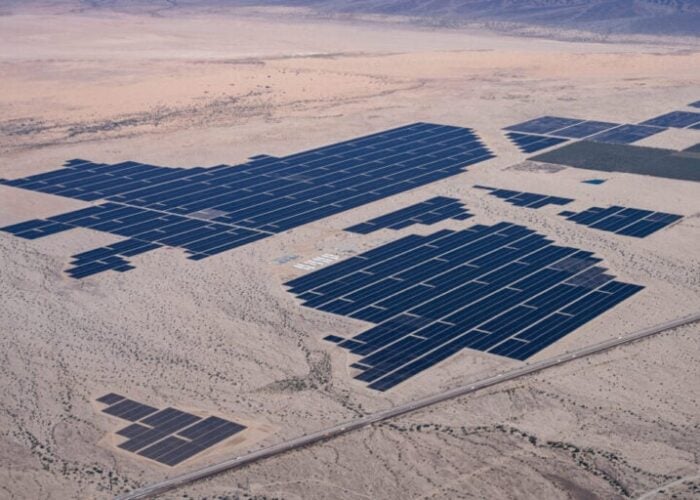
Singapore-headquartered solar manufacturer Maxeon has published losses of US$7.8 million, alongside falling module shipments, in its financial results covering the second quarter of this year.
In the second quarter of 2024, Maxeon posted revenue of US$184.2 million, broadly in line with the US$187.5 million reported in the first quarter of the year, but slightly higher operating expenses, which increased from US$48.7 million to US$61.7 million from one quarter to the next. All of these figures are a downturn compared to the company’s Q2 2023 figures, which saw Maxeon post operating expenses of US$47.8 million, and revenue of US$348.4 million.
Unlock unlimited access for 12 whole months of distinctive global analysis
Photovoltaics International is now included.
- Regular insight and analysis of the industry’s biggest developments
- In-depth interviews with the industry’s leading figures
- Unlimited digital access to the PV Tech Power journal catalogue
- Unlimited digital access to the Photovoltaics International journal catalogue
- Access to more than 1,000 technical papers
- Discounts on Solar Media’s portfolio of events, in-person and virtual
While the company reported a 12% quarter-on-quarter growth in its revenue in its utility-scale business, and the company’s total losses have shrunk to half of what it endured in the first quarter of this year, the second quarter was still a challenging period for Maxeon. Many of these challenges were driven by falling module shipments, with the company selling just 526MW of modules in the second quarter of this year. As shown in the graph below, this is around 500MW lower than the module sales reported in the first half of 2023.
Maxeon attributed much of this downturn in sales to a decision made by the US Customs and Border Protection (CBP) to detain modules imported to the US from the company’s factories in Mexico, to assess Maxeon’s compliance with the Uyghur Forced Labor Prevention Act (UFLPA). The company expanded its Mexicali manufacturing plant, in Baja California, Mexico, last year, expanding its annual production capacity to 1.8GW and increasing the company’s investment in the factory to around US$260 million.
While Maxeon noted that these detentions are routine and that the CBP has told the company that its assessment is “not related to any concerns specific to Maxeon,” this has effectively stopped all of the company’s imports to the US market, which accounted for more than 60% of Maxeon’s revenue in the second quarter, prior to the detentions.
“We are fully cooperating with CBP’s information requests and are in continuous contact with CBP authorities to help facilitate CBP’s investigation and respond to CBP’s inquiries,” said Maxeon in a statement published alongside its latest results. “While we continue to work towards an expedited release of Maxeon’s modules, at this time we do not have any indication from CBP as to when the detained shipments might be released and when we will be able to resume module imports into the US.”
The CBP’s investigation of Maxeon’s modules comes at a time when there is significant interest in eliminating forced labour from the solar supply chain, following the passage of the UFLPA in 2022. However, John Foote, a partner at law firm Kelley Drye & Warren LLP, noted in July that the detention of solar modules by the CBP had dropped to its lowest rate since the implementation of the UFLPA.
Leadership changes amid ‘significant’ challenges
Amid what the company called “significant market headwinds,” Maxeon has made a number of changes to its operating structure. Kai Strohbecke stepped down as the company’s chief financial officer at the end of August, to be replaced on an interim basis by senior vice president and group treasurer Ken Olson, after serving in the position for just over three years.
The company has also established a “strategy and transformation office,” led by board member Luo Luo Xu, which will “develop and recommend initiatives to accelerate Maxeon’s return to profitability”. The company announced that it will publish more details on this office’s work in the coming months, but noted that, considering the uncertainty surrounding the timing of the CBP’s investigation of the company’s module imports, it would not publish financial guidance for the remainder of the year.
In May, the company said that it expects its full-year losses to be between US$110-160 million, although it is unclear how the latest disruptions will affect these forecasts.
“We are taking aggressive actions to address the challenges we face,” said Maxeon CEO Bull Mulligan. “We recently improved our balance sheet by securing consequential new financing and renegotiating maturing debt. We have put a special committee in place to drive transformation, and we are evaluating several aspects of our operations to respond to the new market environment.”







